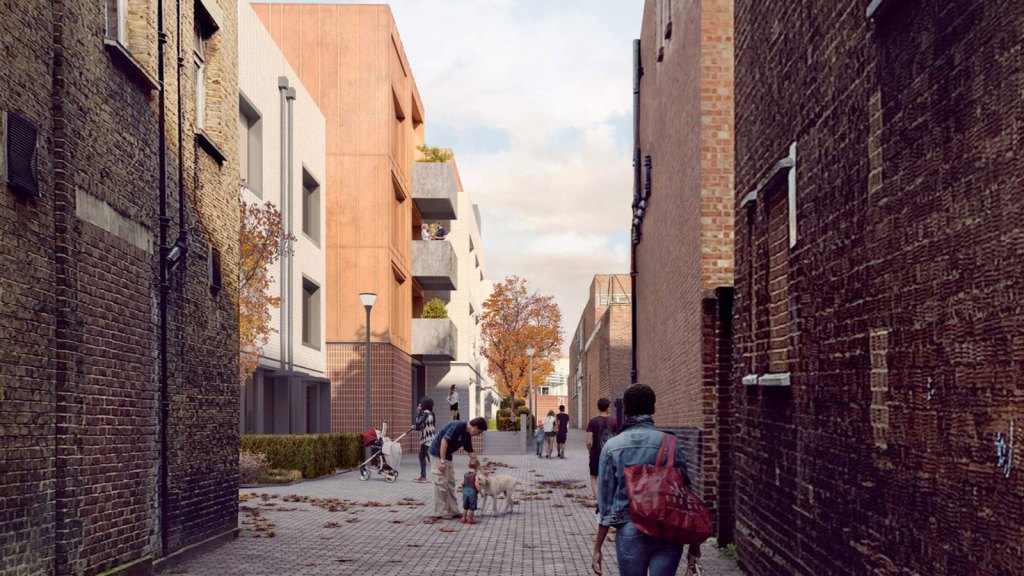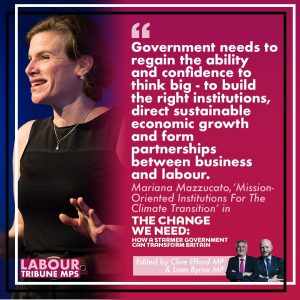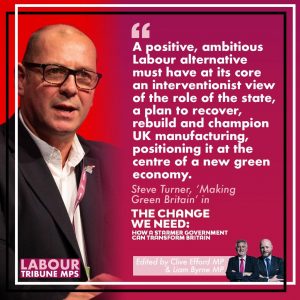Although much focus in the fight to reduce carbon emission has been on cars, road transport makes up 27% of carbon emissions in Greenwich, the heating of the homes of the 280,000 strong population, and public and private buildings contributes nearly 40%.
It is very clear that the ambition and scale of projects needed to make a difference to carbon reduction targets will not be met from the private sector alone.
Properly insulating our homes is a very important step. However, by itself, it won’t come close to the scale of carbon reduction from housing that we need, whilst we continue to rely on gas boilers for heating and hot water.
Solar panels and especially air and ground source heat pumps are often prohibitively expensive for an individual home owner. Even a £4,000 government grant towards an estimated £16,000 to install a ground source heat pump will not encourage a move to low carbon heating.
New build council homes have proved to be an inspiring starting point. Greenwich is half way through a 750 new carbon neutral council homes build programme.
A feasibility study is exploring the potential for low carbon district heating networks in Greenwich, including in the Charlton Riverside area and in Woolwich.
Like many local councils we are beginning to upgrade heating systems in our own older properties, rather than simply replace old boilers with new. But that still leaves the majority of private homes in the borough with gas boilers; replacing these with lower carbon solutions is a huge challenge but also a huge opportunity to create that ‘army’ of jobs that Ed Milliband aspires to.
Achieving economies of scale, with an infrastructure investor prepared to shoulder the financing for the medium and long term, can make this happen. A local authority perhaps.
In Greenwich we are looking seriously at investment in alternative heating solutions, including pipe networks connected to ground source heat pumps, to provide heating and hot water to private as well as council-owned homes as a means of making them affordable to residents. In a well-insulated home, replacement of gas boilers with heat pump solutions can require little internal domestic work.
The principle is that investment costs could be recouped (particularly if, as many predict, the relative cost of gas compared to electricity continues to rise), and eventually provide a return to the council through a connection charge and a heating supply charge which would be lower for the customer than gas.
This is not going to be some too good to be true story. Quite the opposite. This is projected to be a slow but steady repayment of investment with some modest returns some thirty years from now.
Greenwich undertook a ground source heat pump feasibility study of 180 homes in three adjacent streets in the borough. It predicted that it would take 30 years for full recovery of the costs, but the infrastructure has a lifespan of up to 100 years and after the payback the system could generate profit. Obviouslyeconomies of scale produces a greater return and increased profit margin after payback. Predicted maintenance is built into the model.
We are in the process of putting together a working party to look at proper detailed financial modelling, pay back periods, what grants the government may offer, and what business model options there may be, including joint ventures.
If this can become a reality then we can build on the apprenticeships we are beginning to deliver in the green skills economy. A £4m spend on fitting solar panels, LED Lighting and insulation into 10 schools and seven public buildings is creating 30 apprenticeships, thanks to help from our FE colleges in developing the necessary courses. New private developments installing alternative heating technologies such as ground source heat pumps are projected to generate demand for more.
Although modelling has just begun, and we are under no illusion about the scale of the challenge and the long term investments commitments, replacing gas boilers with low carbon alternatives is essential if we are to meet the carbon reduction targets set out in our carbon neutral plan, and set nationally.
To build on the work means ‘public sector intervention amounting to a contemporary equivalent to 1945’ which was Ed Miliband’s ambitious proposal a year ago.
Councillor Sarah Merrill is a Labour Councillor for Royal Borough of Greenwich Council.





